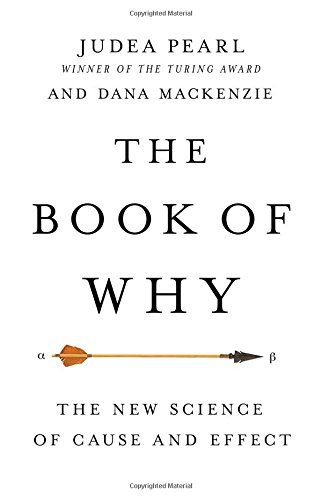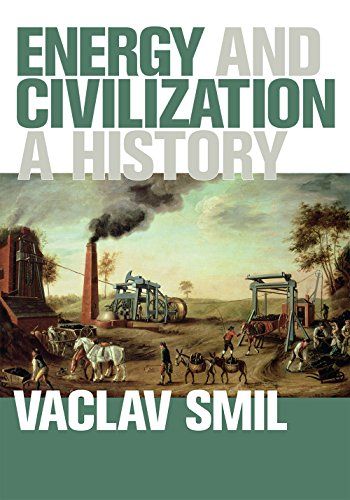By Joshua Foer (2011)
Pages: 339, Final verdict: Should-read
The smartest man on Earth is hard to find. In fact, defining intelligence has long been a subject for debate among scientists, biologists, psychologists and more.
Joshua Foer, a freelance journalist mainly focused on hard sciences, will take you onboard an adventure which (for him) lasted about a year, and lead him to learn the art of memory, culminating with a win at the U.S.A. Memory Championship in 2011.
Discovering the power of our memory
As a journalist, Joshua was fascinated by people who are the best at what they do (athletes, competitors, etc). And by following all that talent and excellence, he struggled to find out one thing - What make someone the smartest person on Earth? On the pursuit for that quest, our author decodes one very important piece of our brain: our memory.
And as it turns out, memory has always been part of what most people consider as our intelligence.
In Moonwalking With Einstein, we encounter stories of memory champions, scientists, people with stunning memory skills and others unable to remember anything. All examples are part of the complete journey of Joshua Foer to understand how our human brain actually works. During his investigation he (surprisingly) found that most memory champions consider themselves having an average memory. This triggered his desire to train with them, while continuing his study of the mind.
“It’s all about technique and understanding how the memory works. Anyone could do it, really.” - Ben Pridmore, Memory Champion
Detailing a few memory research milestones, he guides us through the evolution of this obscure "science of remembering" to conclude that:
- Scientists agree that photographic memory is unlikely to happen
- Only people born with synesthesia have an uncanny ability to remember nearly everything
Synesthesia is a perceptual disorder where someone automatically summons a synesthetic image for any word of your language (potentially associating to the word a picture, move, color, taste, smell, touch feeling) even for an abstract concept.
After reading this book, it is rather astonishing to realise how much we already know about the way human brain memory works. However, very few of us use it at its full potential and this is exactly why the author intends to share his own experience of brain training with real champions.
A path to victory
The author learns very interesting tricks to use human brain memory at its full potential. Here are just a few of them:
- The memory palace: using a well-known location to visualize the different elements you must remember just like in a virtual museum (e.g. place each item in your shopping list somewhere in your home. Then to remember the list, just walk through your home and you'll see each item placed where you previously imagined it to be.)
- Focus on the extraordinary: the most unbelievable things are hard to forget, it works the same way with your shopping list just make it impossible to believe (e.g. moonwalking with Einstein in your garden)
- Don’t skip details: not only give your virtual museum a visual setting but complement it with other senses (smell, taste, etc). The more associations you can do the easier it will be to remember (e.g. wearing baskets and complete Lackers outfit)
“Our memories are bound together in a web of associations”, Joshua Foer
However, as the author himself experiences, real training and dedication are absolutely required to win a memory championship (just like any athlete). To be a world class “memory-athlete” and be a finalist at a grand stage, one needs to master the following challenges:
- Names & faces: useful for networking;
- Speed numbers: useful for phone numbers;
- Speed cards: Poker?
- The poem: your beloved one.
There are even more techniques and challenges described in the book which might tickle your curiosity.
Bottom Line
In Moonwalking With Einstein, you will start to understand why memory is a defining part of our intelligence, by allowing you to generate associations that others could not even envision. And although you will not get an exhaustive review of scientific literature, the book will give you enough insights to grasp the potential of the human brain. The tips and tricks explained by the author will not suffice to become a memory master, only your perseverance can help.
The book is in general well-balanced between explaining research experiments and the author's own experience of memory training, even though the end could be a bit shorter to go straighter to the point with the memory competition. All in all, it is a very good read for anyone willing to explore its own potential and understand why and how others might have struggled with their own memory before.
Further learning:
- Buy the book online.
- Learn more about the author on his personal website
- Follow the author on Twitter: @joshuafoer
- The Mind of a Mnemonist by Alexander R. Luria - another interesting book about the potential of human memory



